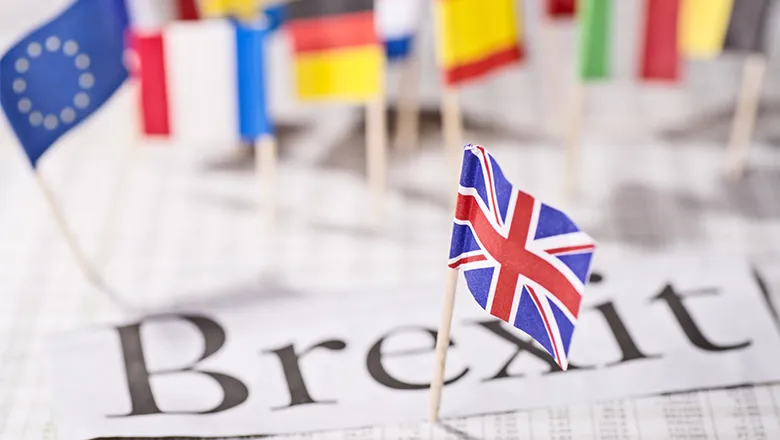What our report makes clear is that leaving without a deal will have significant negative consequences for the UK economy.
Professor Anand Menon
04 September 2019
New report finds 'No deal' will lead to prolonged and severe political and economic uncertainty
Professor Anand Menon and Professor Jonathan Portes
No deal will usher in a period of prolonged uncertainty academic think tank The UK in a Changing Europe reveals.

As Prime Minister Boris Johnson continues to face opposition from MPs to stop the UK leaving the EU with 'no deal', there are growing concerns that an agreement will not be finalised by the October deadline.
No deal will not "get Brexit done" rather, it will usher in a period of prolonged uncertainty for citizens, workers and businesses, which is unlikely to be resolved anytime soon, a new report by academic think tank The UK in a Changing Europe reveals.
No deal Brexit: issues, impacts and implications, shows that once the UK is outside the Article 50 framework it will be far harder, and take far longer, to get a deal with the EU. All member states’ national (and some sub-national) parliaments would need to ratify any deal.
The EU is unlikely to start negotiating a future relationship with the UK until the major issues in the Withdrawal Agreement – citizens’ rights, the divorce bill and the backstop – have been resolved. And the EU could withdraw or allow to expire any of the unilateral mitigations it has put in place, such as on road and air transport.
Professor Anand Menon, Director of The UK in a Changing Europe, said, "Clearly it is difficult to make hard and fast predictions about what the implications of no deal will be. Equally, its immediate impact might not be as severe as some people are claiming.
"What our report makes clear is that leaving without a deal will have significant negative consequences for the UK economy. Nor will it mark the end of Brexit, merely herald in the start of negotiations that promise to be significantly more difficult than those we have witnessed to date."
Read a detailed breakdown of the report here.

